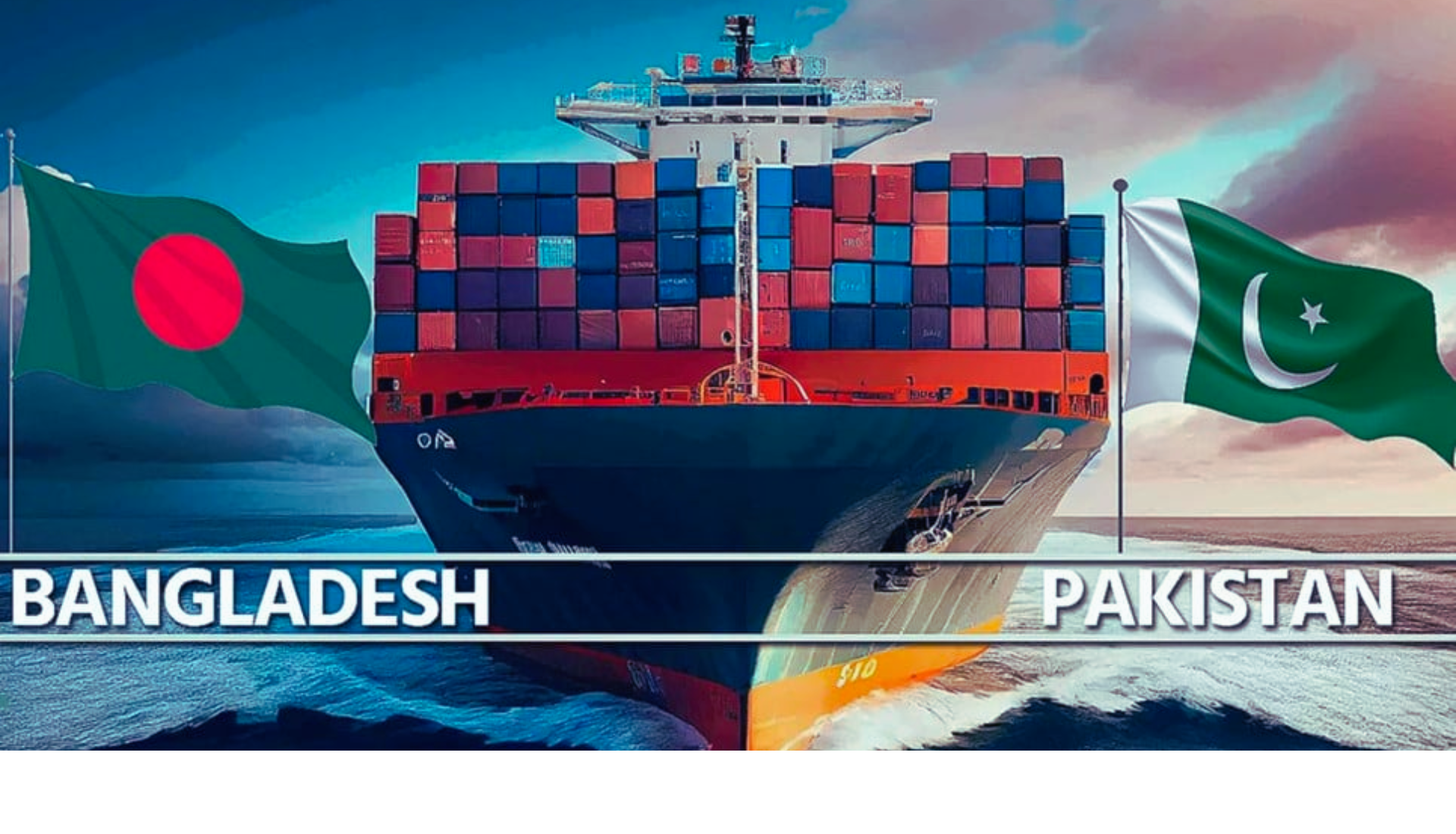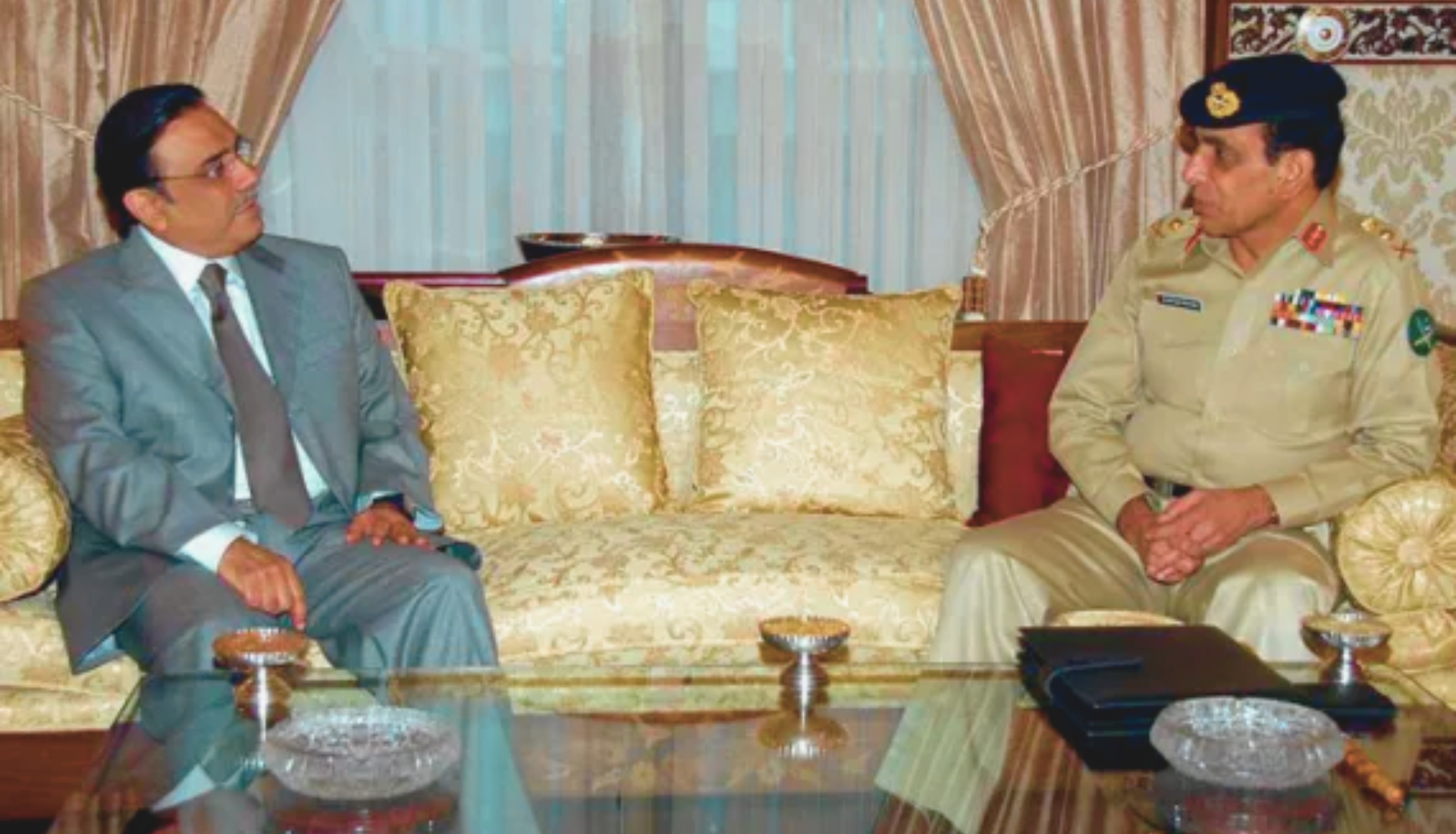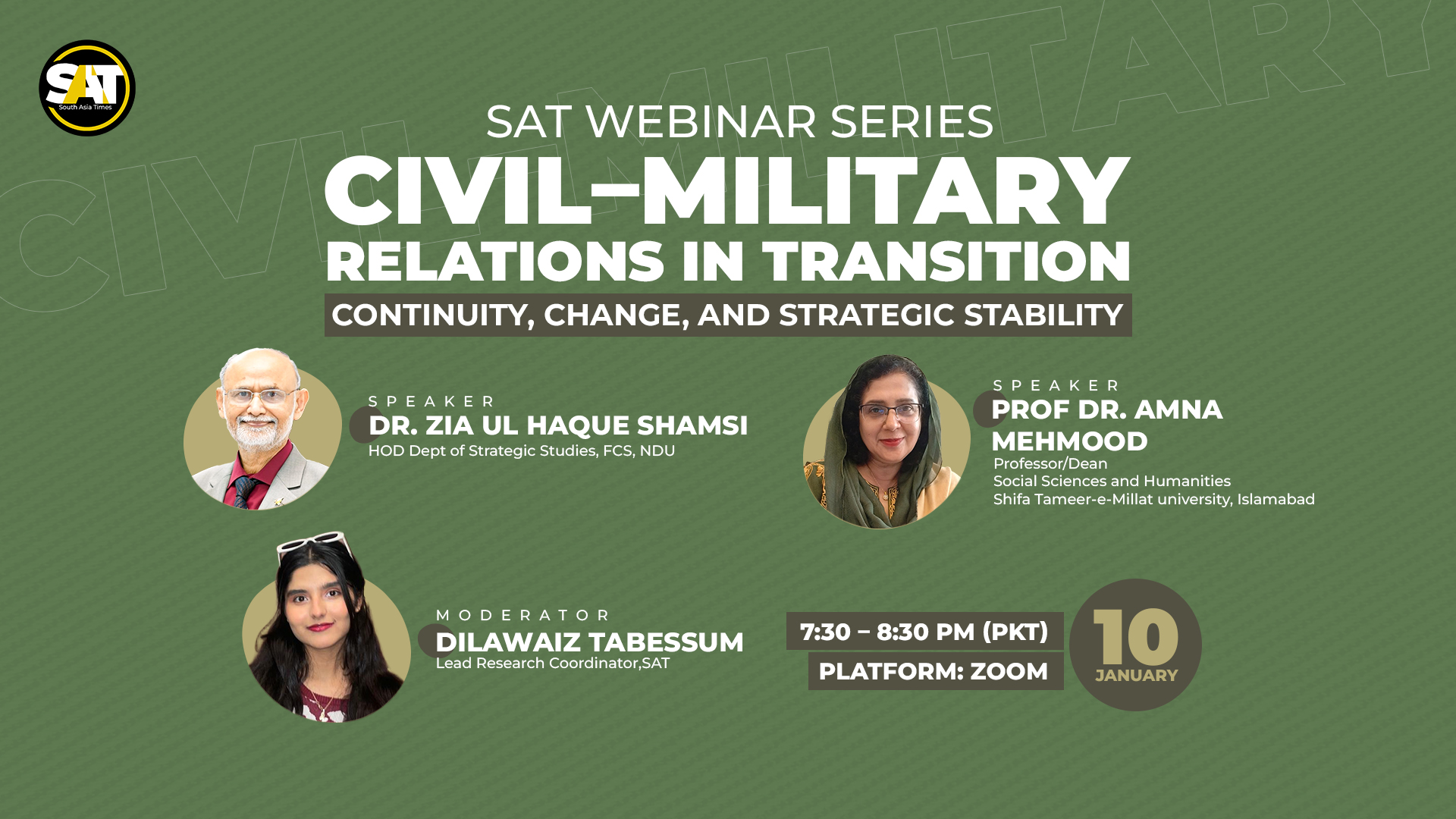Pakistan’s Foreign Office on Tuesday responded over Pakistani journalists alleged visit to Israel, Express News reported. Addressing a weekly press briefing, Foreign Office Spokesperson Shafqat Ali Khan said the government was gathering information on reports of Pakistanis visiting Israel.
“The Government of Pakistan has noted reports regarding Pakistani journalists traveling to Israel. In this regard, it is clarified that Pakistani passports explicitly state they are “not valid for travel to Israel. “Therefore, no such visit is possible under existing regulations,” FO stated in a press release.
The press release maintained that Pakistan’s position on Israel remains unchanged. Pakistan does not recognise Israel and steadfastly supports the legitimate rights of the Palestinian people, including the establishment of an independent and sovereign Palestinian state based on pre-1967 borders, with Al-Quds Al-Sharif as its capital, it added.
Also See: The Pakistan Democracy Act—Misplaced Priorities and Selective Accountability
Pakistan reiterates its unwavering commitment to a just and peaceful resolution of the Palestinian issue in accordance with relevant UN resolutions and the aspirations of the Palestinian people, the statement concluded.
Earlier, media outlets, including the Jerusalem Post, had claimed that a group of Pakistani journalists visited Israel to study the Holocaust and the October 7 attacks, challenging prevailing narratives.
This news is sourced from The Express Tribune and is intended for informational purposes only.

![Foreign Office denies reports of Pakistani journalists visiting Israel, reaffirming its stance on Palestine and travel restrictions. [Image via The Express Tribune]](https://southasiatimes.org/wp-content/uploads/2025/03/foreign-office1742924486-0.webp)




